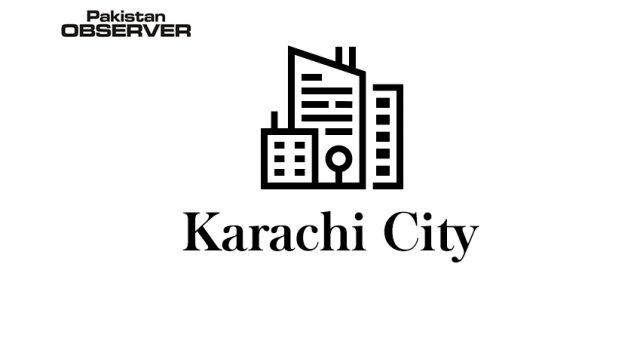The city’s ever-growing need for water is one of the most pressing issues that the city has been facing for a long time. But instead of resolving the problem and adequately investing in water development projects, the priorities of the provincial government seem to lie elsewhere. For the upcoming fiscal year 2020-21, the Sindh government has only allocated Rs150 million for a 65 MGD excess water project – one that has been considered crucial to meeting the demand for water in the city. The revised PC-I of the project estimated the overall cost of for its completion to be Rs11 billion. However, the government has not approved the plan. Per sources, owing to a lack of interest on part of the provincial government, as well as the incompetence of some Karachi Water and Sewerage Board (KWSB) officers, development work on the project has been halted since 2019. With the inadequate allocation of the budget now, the project is destined to be hit with further delays and its completion seems to be a distant reality. Details available with The Express Tribune revealed that the initial estimated cost of the approved PC-I of the project stood at Rs5.9 billion. After revision, however, the cost was reduced to Rs11 billion which has been pending for approval for the past two years. The growing population in the metropolis has raised the demand for the water to 1,200 MGD per day. Against that, only 550 MGD of water is supplied to Karachi. What’s more, water theft and leakages in the pipelines cause further loss of water, resulting in the city receiving a total of 406 MGD of water per day – far from enough to sustain the needs of the population as well as the industrial sector. Sources also revealed that the provincial government merely issued Rs125 million out of a total of Rs500 million allocated for water development in the fiscal year 2019-20, while only Rs150 million were issued from the allocated Rs600 million the year before that. According to the budget documents, the 65 MGD excess-water project was approved in 2014, while the process of issuing funds began in 2017. The project was scheduled to be completed within 18 months per the initial plan. Despite a span of three years, however, only 15pct of the work has so far been done.










